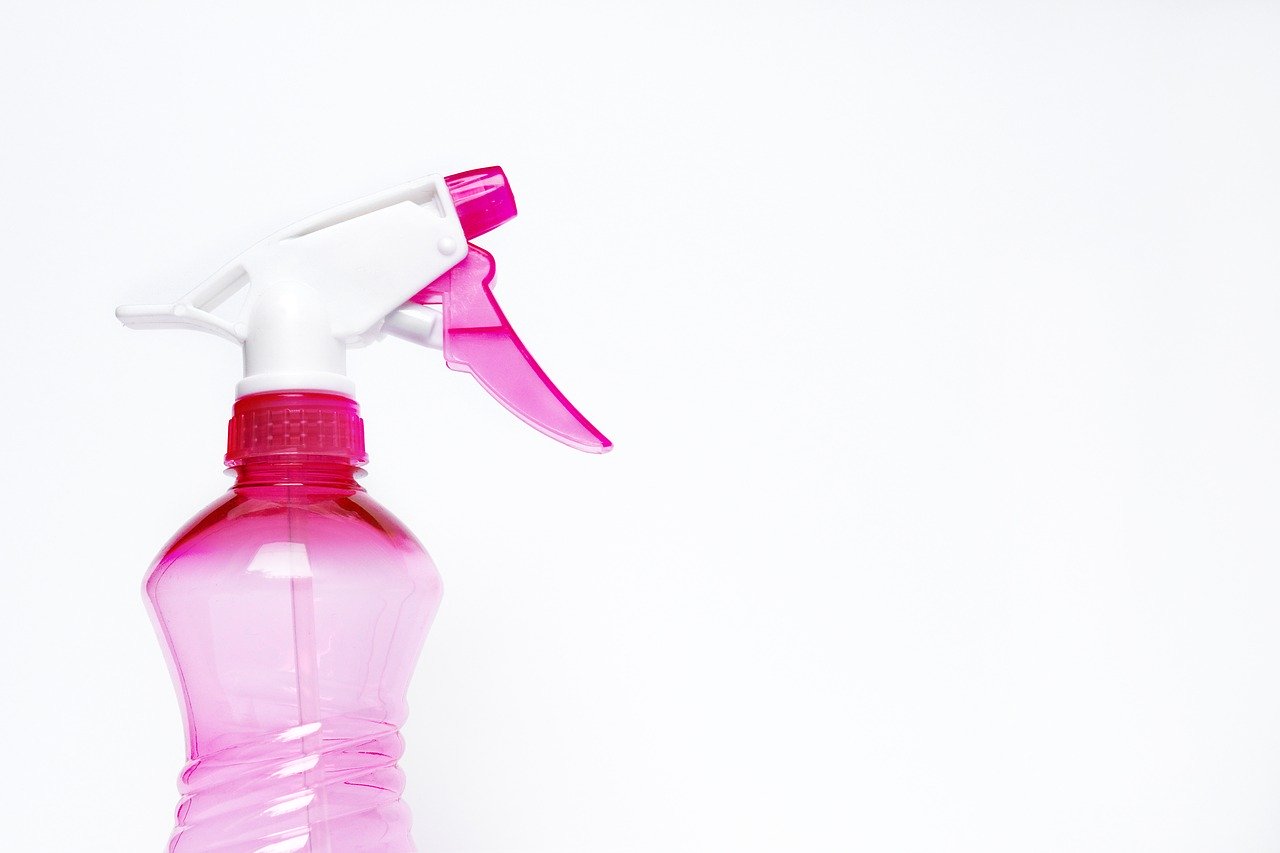CHSA Warns Buyers Of Cleaning Products To Beware Of Profiteers
The Cleaning & Hygiene Suppliers Association (CHSA) is warning all buyers of cleaning and hygiene products to beware of profiteers capitalising on the unprecedented...
Read Full Article
The Cleaning & Hygiene Suppliers Association (CHSA) is urging companies to prioritise their current customers and to try to plan for shortages as much as possible.
In a bulletin published by the CHSA, the impact of COVID-19 on the cleaning and hygiene supply sector is described as “significant”, with the fragility of the “just in time” supply chain, reduced production capacity and unprecedented demand being contributing factors.
The uncertainties regarding stock are just one concern addressed in the document. The demand for such products has become unpredictable and difficult to plan for. Suppliers are also limited by their lack of knowledge of whether products have been used or allocated to stock.
The CHSA has provided the following guidance regarding the availability of specific types of stock below:
The consumption of cleaning products with trigger sprays has significantly increased during the lockdown. The volume of trigger sprays consumed by the “Away From Home” market is small in comparison, so manufacturers of the trigger spray itself are serving the consumer market first. The result is a foreseeable shortage of trigger spay products for the next six to 12 months. The issue is the same for soap pumps. The pumps primarily being manufactured in China and Italy has caused a shortage, likely to last for the remainder of the year.
Demand is exceptionally high for biocides and virucides, placing real pressure on the raw materials. This is at a time where production capacity for these materials has declined. Chemical manufacturers are adapting and continually reformulating, but it is likely distributors will have increasing difficulty sourcing these products.
The supply of ethanol, the alcohol used in hand gels, is expected to significantly reduce. The extraordinary demand for alcohol hand gels, therefore, will far exceed the capacity of available ethanol production.
The majority of disinfectant and antibacterial cleaning wipes are polypropylene (PP) based, a material also integral in the manufacture of face masks and other personal protective equipment. Demand is driving up the price of PP, making it not viable to manufacture non-woven wipes from this material.
Problems in the supply of PPE have been well documented. Major problems in the sourcing of nitrile disposable gloves are now predicted; already distributors are reporting a significant reduction in their availability. Production capacity was impacted first by the Chinese New Year and then the lockdown in China and Malaysia, and manufacturers are indicating supply may cease very soon.
Product can be air freighted into the UK now at a very high cost to meet current demand but, with supply being finite, it is believed this will simply result in severe shortages later. There is also a significant impact on the availability of vinyl and latex gloves.
Disposable single-use aprons have seen a huge increase in demand. These have traditionally been made in the Far East, which brings supply chain challenges when demand goes up. UK production has restarted to meet the extra demand but is not keeping up with the national requirement.
Picture: A photograph of a pink trigger spray bottle
Article written by Ella Tansley | Published 06 May 2020
The Cleaning & Hygiene Suppliers Association (CHSA) is warning all buyers of cleaning and hygiene products to beware of profiteers capitalising on the unprecedented...
Read Full ArticleHygiene and janitorial products manufacturer Chemanglia Limited has been granted a Royal Warrant of Appointment by His Majesty King Charles III. Chemanglia supplies...
Read Full ArticleOut of 250 FMs working in the education sector, 86 per cent said they have doubts about hygiene product performance when it comes to sustainable alternatives. In this...
Read Full Article33 businesses, including Amey, CBRE, Compass Group, Equans, Mitie, Sodexo and Willmott Dixon, collectively spent £179 million with social enterprise suppliers in...
Read Full ArticleContractors and suppliers working in FM and the built environment have until 31 January to submit their business for the CBRE UK Supplier Partner Innovation Challenge...
Read Full ArticleSustainable hygiene products such as 100 per cent bamboo tissues and paper straws from The Cheeky Panda are now available across the NHS supply chain. The new...
Read Full ArticleEnsuring a commitment to health and safety is a well-established practice. But companies are increasingly being held accountable for their suppliers' sustainability...
Read Full ArticleSodexo has stated that it will only work with suppliers who demonstrate tangible net-zero progress “through published reporting” in the future. As part of...
Read Full ArticleA project supported by FM and commercial property companies such as Amey, CBRE, Compass, Equans, Mitie, Wates Group and Willmott Dixon has hit a £99 million...
Read Full ArticleA new memorial in Aldgate that commemorates transport workers who passed away due to COVID-19 has been officially opened by the Mayor of London Sadiq...
Read Full Article